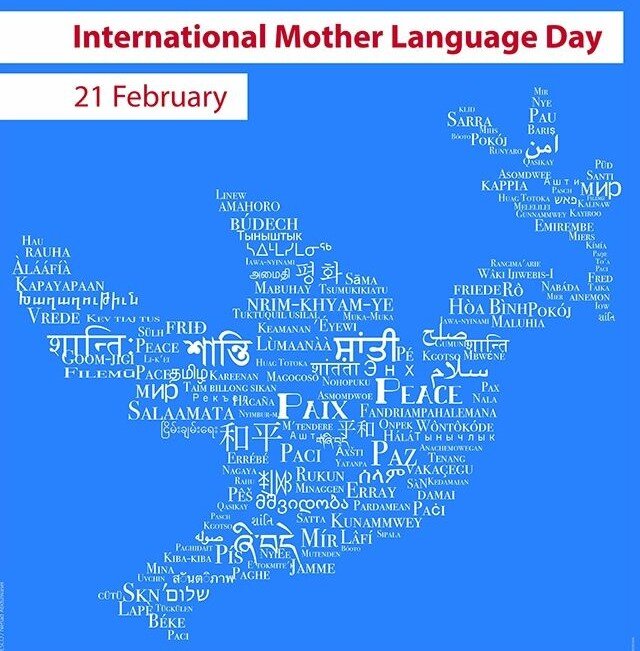Multilingualism fosters inclusive education, preserves indigenous languages

TEHRAN –International Mother Language Day is a worldwide annual event observed on February 21 to promote linguistics, cultural diversity, and multilingualism.
The day appreciates the variety of languages spoken around the globe by stressing the importance of understanding each other's language to be able to communicate effectively.
According to the United Nations website, 250 million children and young people still do not attend school and 763 million adults do not master basic literacy skills. Mother tongue education supports learning, literacy, and the acquisition of additional languages.
The theme for International Mother Language Day 2024 is "Multilingual education – a pillar of learning and intergenerational learning."
Multilingual education is recognized as a pillar for intergenerational learning and cultural preservation, promoting inclusive societies and preserving non-dominant, minority, and indigenous languages.
The theme underscores the benefits of using learners' native languages in education, fostering better learning outcomes, self-esteem, and critical thinking skills. This approach also supports intergenerational learning and cultural preservation.
It also serves as a call to action to address the challenges faced by linguistic diversity globally and underscores the benefits of using native languages in education.
Multilingual and multicultural societies thrive through the preservation of their languages, which serve as conduits for traditional knowledge and cultural heritage. However, linguistic diversity faces increasing threats as more languages vanish.
A substantial decrease in the number of languages worldwide poses challenges, with 40 percent of the global population lacking access to education in their native language, a figure that exceeds 90 percent in certain regions.
The focus on multilingual education, particularly in early childhood education, is seen as a key commitment to public life growth and sustainable development goals.
Multilingual education policies are crucial for inclusive education and the preservation of indigenous languages. By starting education in the learner's mother tongue and gradually introducing other languages, barriers between home and school are bridged, facilitating effective learning.
The Day was established by UNESCO in 1999, with the first celebration taking place in 2000. The idea to celebrate the day was the initiative of Bangladesh, it aims to protect languages from disappearing.
Languages play a vital role not only in development, in ensuring cultural diversity and intercultural dialogue, but also in strengthening cooperation and attaining quality education for all, in building inclusive knowledge societies and preserving cultural heritage, and in mobilizing political will for applying the benefits of science and technology to sustainable development.
The global celebration serves as a reminder of the importance of linguistic diversity in promoting tolerance, respect, and understanding among different communities.
International Mother Language Day underscores the role of languages in promoting inclusion and achieving Sustainable Development Goals.
Leave a Comment